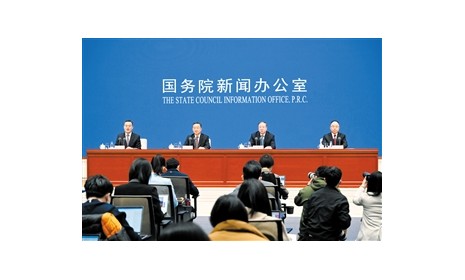2023年7月24日,据欧盟食品安全局(EFSA)消息,欧盟营养、新型食品和食物过敏源(NDA)研究小组就苹果果实细胞培养生物质(apple fruit cell culture biomass)作为新型食品的安全性发表科学意见。
经过评估,专家小组得出结论,在建议的使用水平下,其作为新型食品是安全的。部分原文报道如下:
Following a request from the European Commission, the EFSA Panel on Nutrition, Novel Foods and Food Allergens (NDA) was asked to deliver an opinion on the safety of an apple fruit cell culture biomass as a novel food (NF) pursuant to Regulation (EU) 2015/2283 and intended as an ingredient for food supplements in adults. The cells have been sourced from the callus grown on a piece of apple placed on a solid medium under sterile conditions. The de-differentiated apple cells are then cultivated in liquid medium. The medium contains sucrose, vitamins, minerals, trace elements and the two synthetic plant hormone analogues, benzylaminopurine (< 0.1 mg/kg) and 2,4-dichlorophenoxyacetic acid (< 0.25 mg/kg). These plant hormones are regulated under the EU pesticide legislation and their residue levels in the NF are in compliance with the EU maximum residue levels. The main components of the NF are carbohydrates (including sugars and non-digestible carbohydrates), ash, proteins and smaller amounts of fatty acids and organic acids. Except for the amount of total fat and the organic acids (succinic and l-malic acid), the quantities of the compositional parameters of the NF and apple have little in common. The Panel considers that a provided subchronic toxicity study was not needed to establish the safety of this NF, when taking into account the source of the NF, i.e. apples, the production process, the low intended use level and the composition of the NF, despite the noted differences to apple. The Panel considers that the NF contains proteins, which were not detected in apple and which may be allergenic. The Panel concludes that the NF, an apple fruit cell culture biomass, is safe under the proposed conditions of use.















